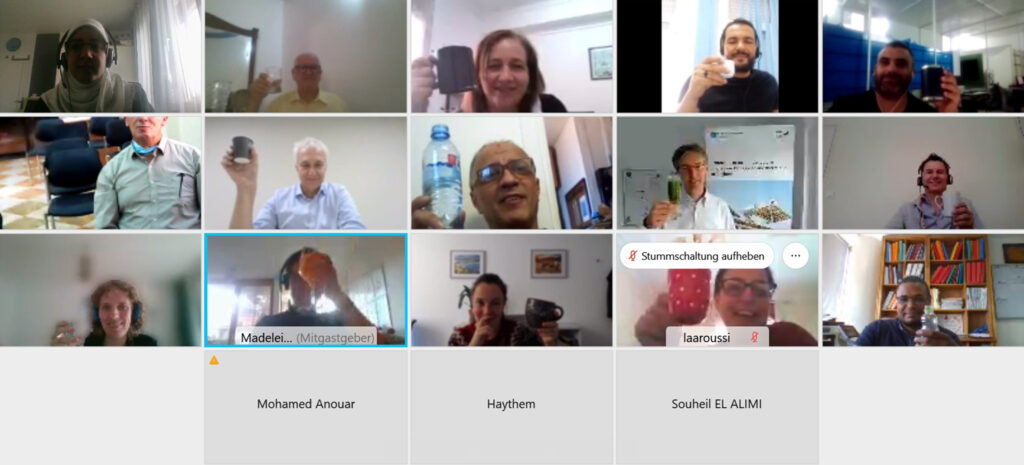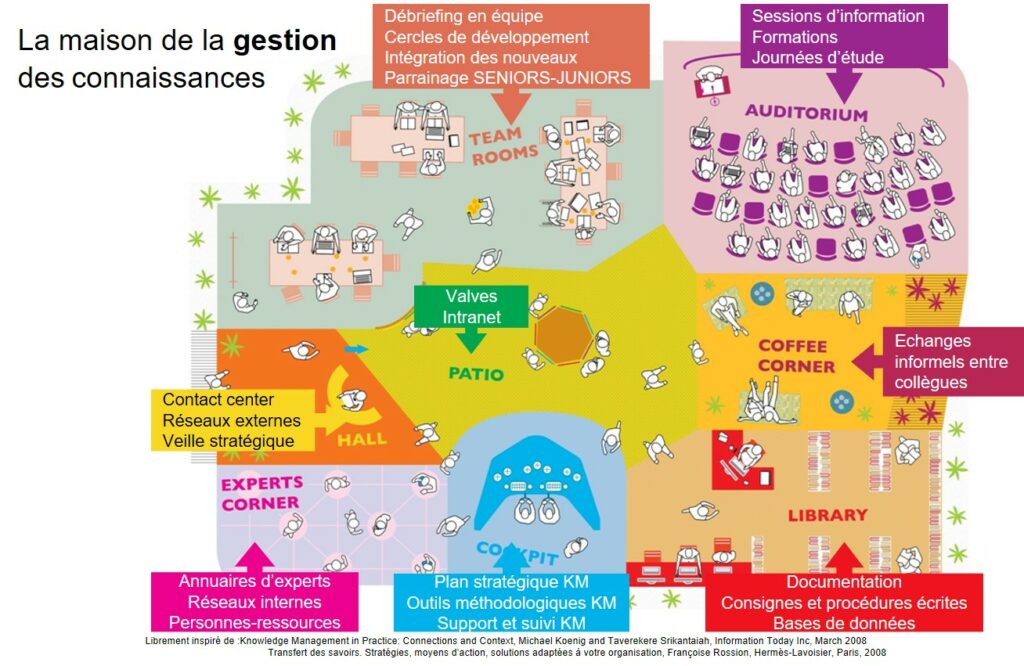Our project on Strengthening quality infrastructure for solar thermal energy in the Maghreb ended this October with a virtual closing event following nine years of successful cooperation. “I have mixed feelings about today,” reflected Carl Felix Wolff, who heads PTB’s Middle East and North Africa Section, as he looked back at the joint milestones, successes and challenges experienced while welcoming the participants to this project’s last virtual event. About 25 partners and experts took part all in all. Together they reviewed the stages of the cooperation with PTB and described the central fields of action from the last nine years as well as the progress that was achieved.

The countries in the Maghreb region have been striving to make ever greater use of solar energy for some time. In line with this intention, the first of two successive regional projects of PTB started in 2012. The key objectives included expanding quality assurance services for solar energy systems as well as establishing improved cooperation with local training institutions. Overall, the project made an important contribution to the expansion of renewable energies in the Maghreb countries. Specifically, managers and other employees from the participating institutes – such as technology centres, calibration labs and standardization organizations – were trained, and technical advice was provided by regional and international experts. The successes achieved are to be further expanded even after the completion of the project. The partners from the participating countries of Algeria, Morocco and Tunisia want to do this by linking up and exchanging ideas more closely in the future.

With its objective of expanding the quality infrastructure for the solar thermal sector, the project focussed on four intervention areas: further developing solar thermal testing labs and accompanying them on the route towards accreditation; promoting calibration labs with regard to relevant services and their international recognition; cooperating with universities to strengthen the integration of quality infrastructure in relevant degree courses; and supporting the choice of a certification system for solar thermal systems. “Cooperating with the partners could not have been any better under the current circumstances,” reported Project Coordinator Madeleine Martin. “Implementing this project during the pandemic was, of course, a major challenge for all of those involved. Despite this, we were able to improve the technical competence of our partners in the Maghreb and, in doing so, we all advanced the quality assurance of solar thermal systems.” The Federal Ministry for Economic Cooperation and Development (BMZ) financed the promotion of solar thermal energy in the Maghreb by providing a total of four million euros from 2012 until 2021.
Image © gettyimages
Graphic © Freely inspired: Knowledge Management in Practice: Connections and Context. Michael Koenig and Taverekere Srikantaiah, Information Today Inc.; March 2008. Knowledge transfer: Stratégies, moyens d’action, solutions adaptées à votre organization, Françoise Rossion, Hermès-Lavoisier, Paris, 2008.








